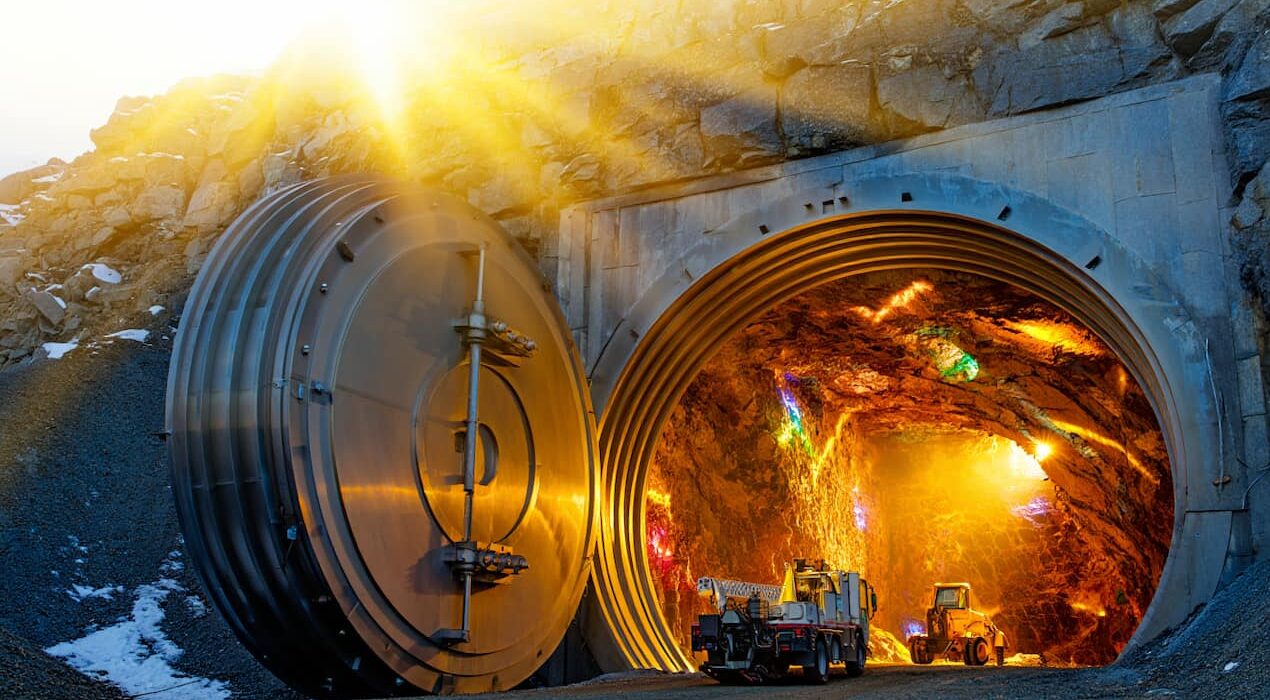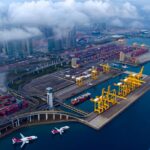Pakistan’s mining industry holds the potential to transform its economic landscape, with projections suggesting revenues could surge from the current $2 billion to $6–8 billion annually by 2030—if the country swiftly develops its vast mineral reserves.
Speaking at the Natural Resources and Energy Summit 2025, Shamsuddin A. Shaikh, CEO of National Resources Ltd (NRL), emphasized the underutilized state of the sector. He noted that despite Pakistan being part of one of the world’s richest mineral belts, it contributes just 0.15% to global mineral production and a modest 2–3% to national GDP. Of the 92 identified minerals, almost 90% remain untapped.
“This is the time for Pakistani companies and investors to lead through joint ventures and partnerships, creating wealth and jobs at home,” Shaikh urged, cautioning that delays could allow foreign competitors to seize opportunities.
Flagship projects like Reko Diq (expected to generate $4–5bn annually), Siah Diq ($1–2bn), and Thar coal expansion ($200m) are already underway, with further prospects in barite, lead, and zinc adding another $100m. Post-2030, additional copper and gold exploration in Chagai could bring $5–10bn more annually.
Shaikh stressed that responsible mining can also uplift communities by creating jobs, improving housing, and expanding healthcare and education. “Mining is not just about extracting minerals; it’s about building communities and eradicating poverty,” he said.
Other speakers, including Hassan R. Muhammadi and Khurram Ali Khan of Fidelity Insurance Brokers, highlighted the insurance sector’s readiness to support investors with risk solutions, while Muhammad Sohail Tabba of Lucky Cement underlined the socio-economic benefits for rural provinces.
Experts, however, warned that poor governance, inconsistent policies, and climate risks could derail progress unless addressed through technology and regulation.
Concluding, Shaikh declared: “This is Pakistan’s moment. With the right policies and local investments, mining can become a $10bn-plus industry, driving growth, stability, and national pride.”






